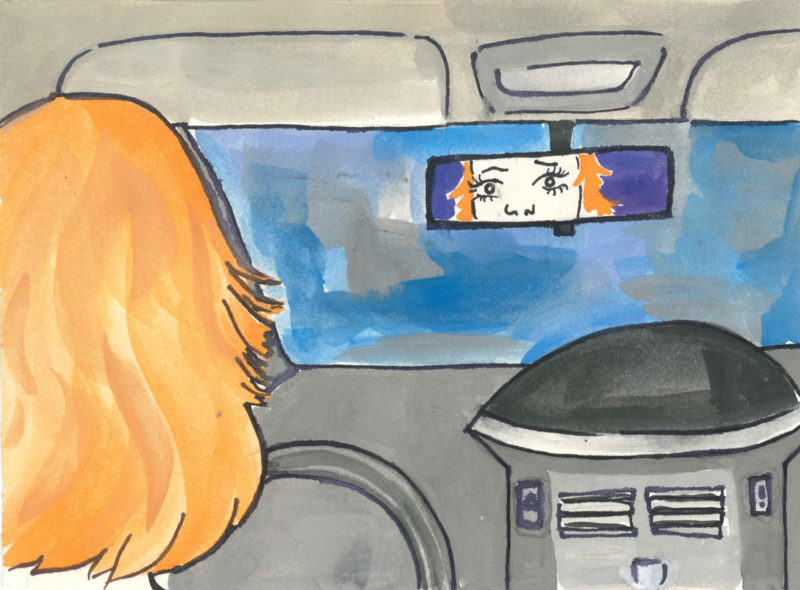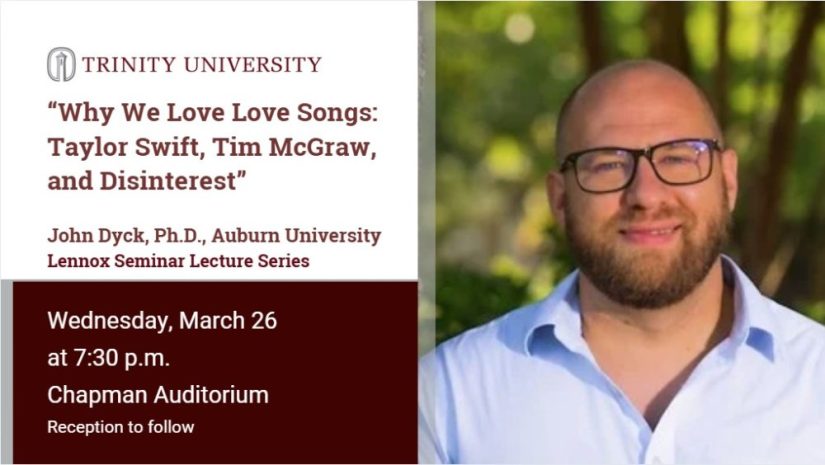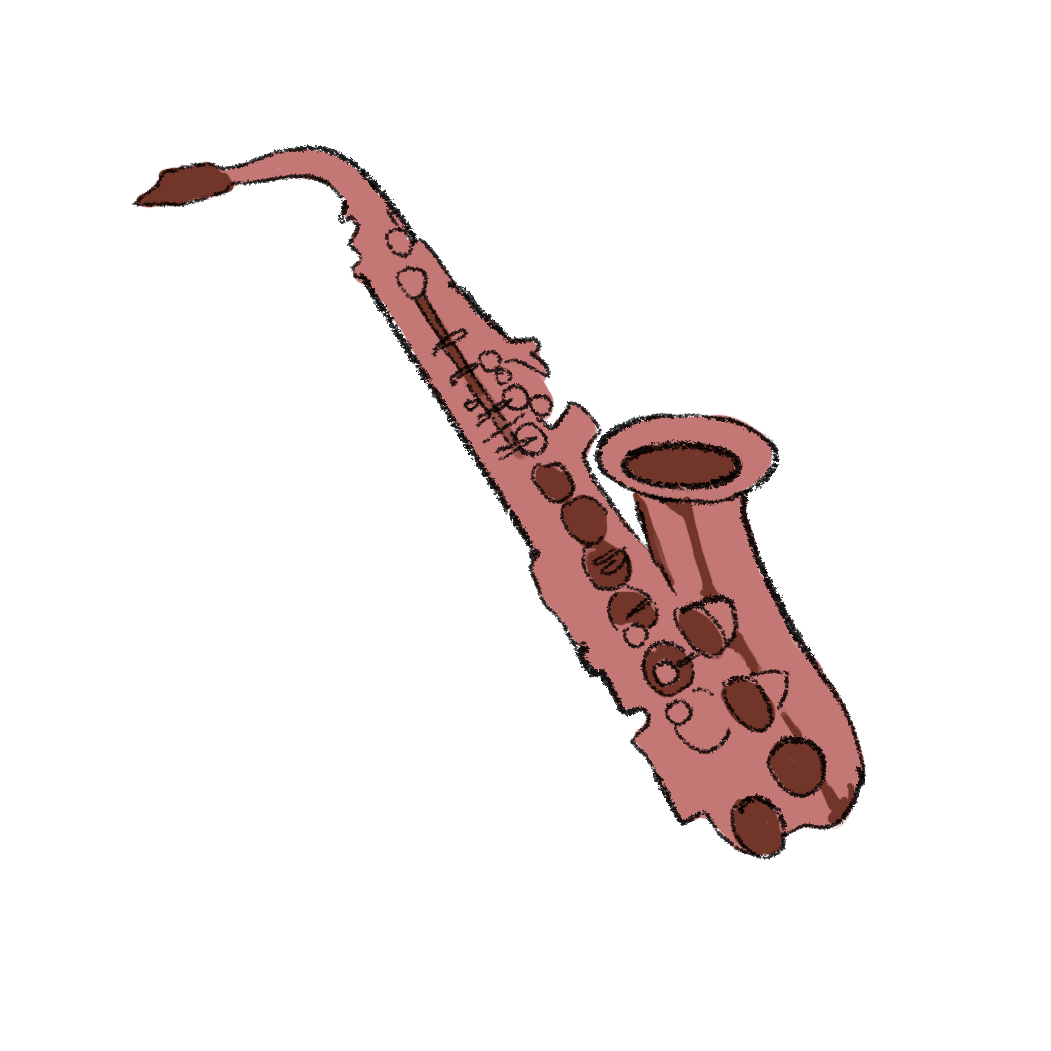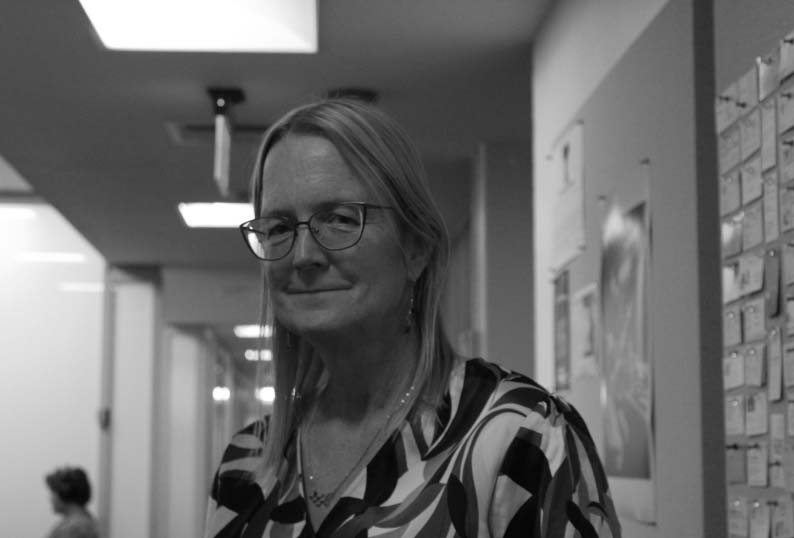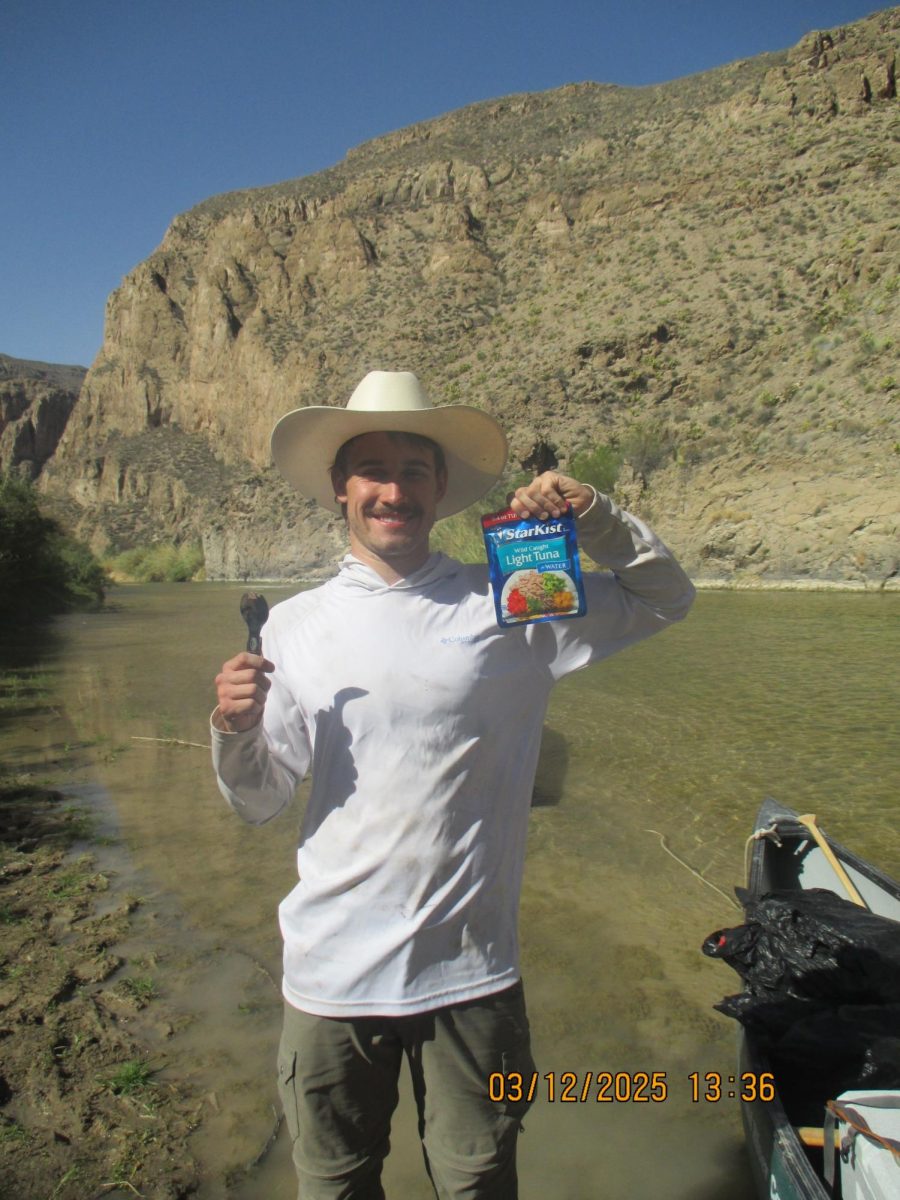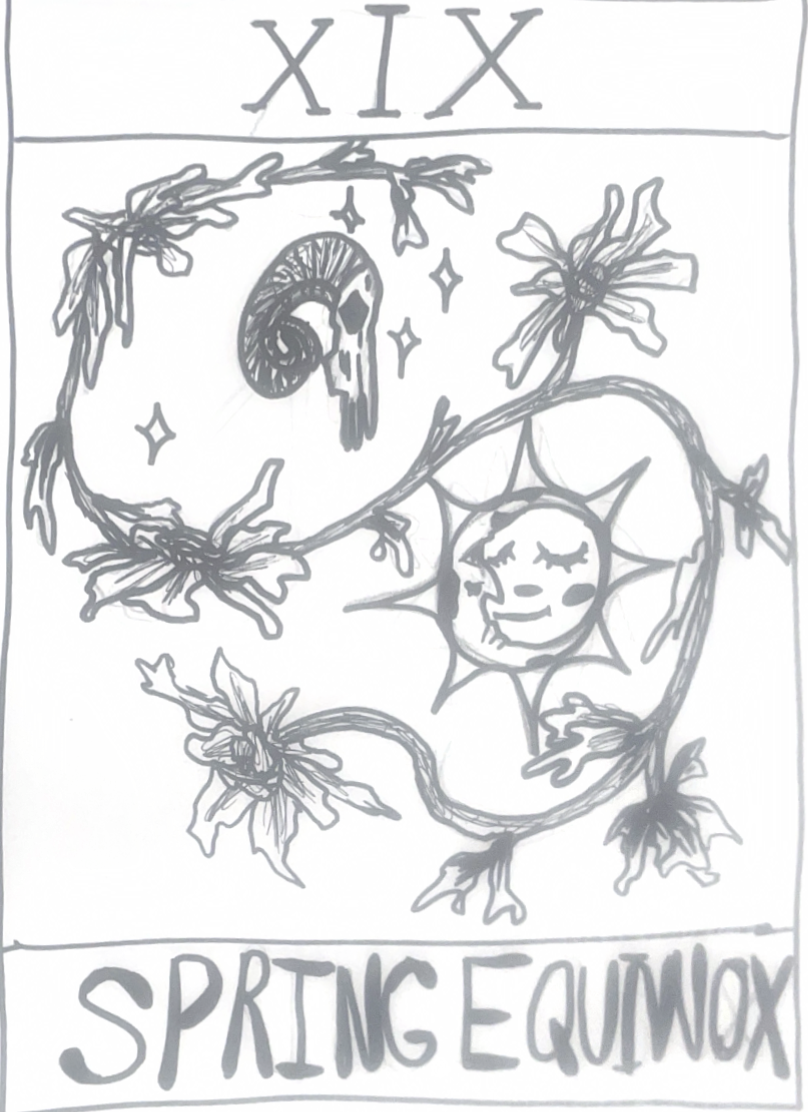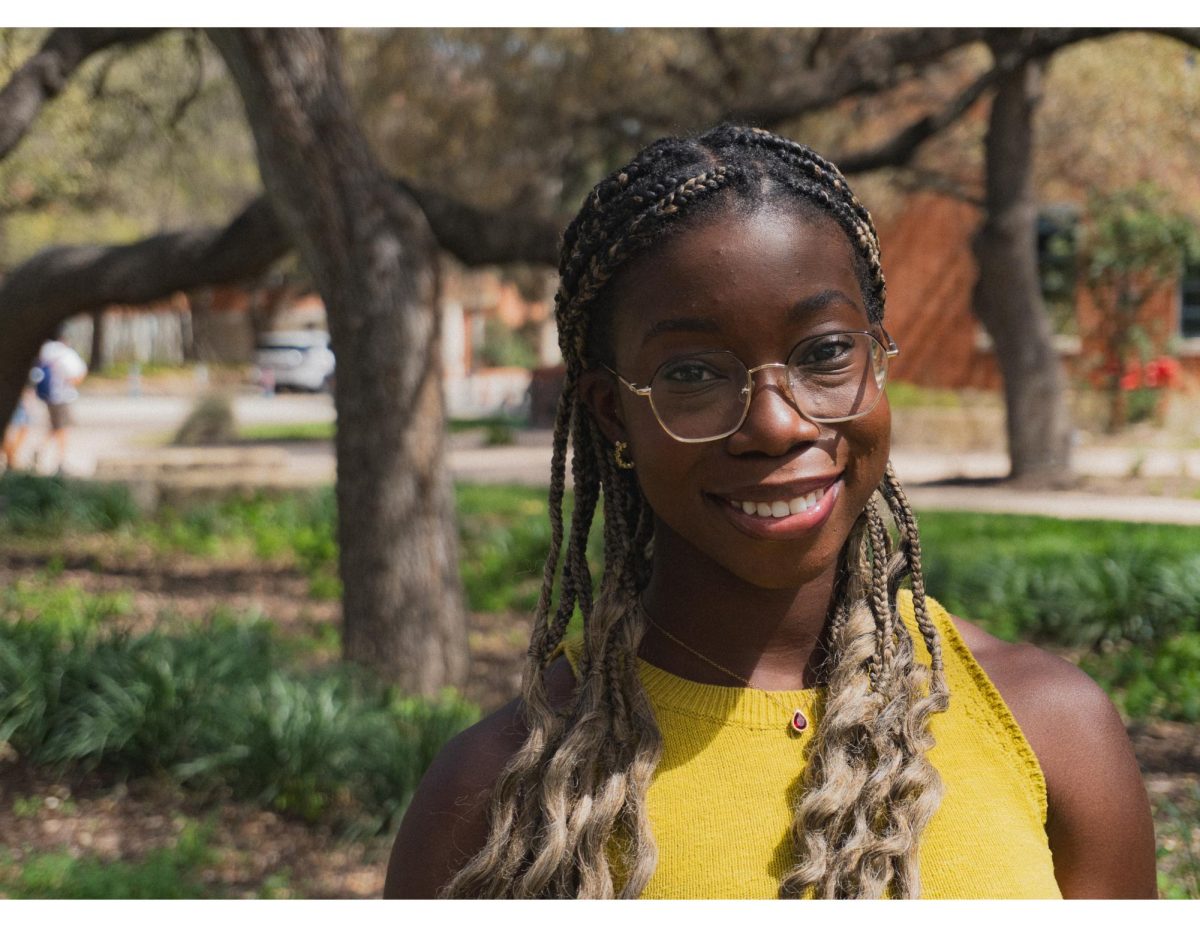It was late at night, and the stranger in the back seat of Suzanne Roberts’ car didn’t seem to be moving.
“Are you alright, sir?” she asked, but the only answer she received was the sound of tires rolling on road. Her heart beat faster. In the past, the drunk strangers in Roberts’ car had, at worst, laughed at their own jokes. If someone was seriously hurt, what would she do?
At last, a stoplight gave Roberts a chance to glance behind her. To her relief, the passenger was breathing. Closed eyes, slumped in the seat, but alive. She continued to drive him home. Roberts’ time as an Uber driver began in May of this year, when the senior biochemistry and molecular biology major started her unpaid summer internship at Medical City Hospital in Fort Worth.
“I needed the internship for experience, but I didn’t have time for another job, and no one really wants to hire over the summer,” Roberts said.
A friend suggested that Roberts drive for Uber in order to make money on evenings and weekends. So, she signed up and has been working for Uber ever since.
“It works out really well with my schedule. Since I’ve started school, I’ve been a lot busier, so I haven’t done as many hours. But I do it on the weekends,” Roberts said.
Flexibility entices many students to drive for Uber. This is one of the rare jobs for which, if a student is overwhelmed by midterms or papers, they are not obligated to call in or get a co-worker to cover their shift.
Another plus is the low barrier to entry. According to the Uber website, drivers must be 21, have a minimum of one year of driving experience –or three if under the age of 23– and have car insurance and a social security number. Drivers get their documents together, submit to a quick background check and start working. No interview or resume needed.
Annie Belleville, senior Chinese studies major, also drives for Uber for these reasons.
“It’s really convenient to pick my own hours and still make a decent wage,” Belleville said.
Of course, the job does not come without its difficulties. Drivers’ horror stories range from hilarious to uncomfortable. Belleville remembers picking up a group of men from a club and having them ask her for strip club recommendations.
“Finally, I dropped them off at the sketchiest strip joint I’d ever seen. The sign was unlit and it was literally a re-purposed motel with a body guard out front and an empty parking lot,” Belleville said.
Roberts gave several tales of woe. Once, four grown men crammed into Roberts’ small Ford Fiesta, and complained the whole time about how small it was, even joking that they should beat up her car. For situations like these, Roberts always carries around pepper spray. Another time, Roberts picked up a couple who was in the midst of a breakup.
“I saw them walking to my car, yelling at each other. They both got in on opposite sides and didn’t say anything. They were just like, “˜Take us home.’ It was the most uncomfortable silence,” Roberts said.
What became of the passed out passenger in Roberts’ car? Roberts didn’t feel right simply dropping him off in front of his house, so she walked him all the way up to the door.
“I didn’t want to take him inside his house, so I just set him on the porch, and I knocked on the door,” Roberts said.
Both interviewed drivers say they avoid late-night driving in order to stay away from unsavory situations, such as riders passing out or vomiting in the car. However, not all drunks are created equal. While some intoxicated riders create stress, others are comedic spectacles.
“Really drunk people who think they’re funny are really entertaining. They’ll be like, “˜Hey, hey, I got a joke.’ And then they’ll laugh at themselves without ever telling the joke,” Roberts said.
Roberts was so interested in the culture she was experiencing that she decided to do her ethnography project for anthropology professor Alfred Montoya’s Intro to Anthropology class on Uber drivers and passengers. She is currently both observing riders in her car and having conversations with fellow Uber drivers for the project. Roberts says that observing passengers has forced her to consider how other people see themselves.
“You know, sometimes when you get in a good zone with a job, you just kind of go to work, do your job and go home. But I’ve had to pay attention. I’ve had to stop for a minute after a couple of rides, take some notes and think about who these people were so I don’t forget,” Roberts said.
As a result of this project, Roberts finds herself wondering why the man going to the gay bar feels compelled to insist throughout the ride that he is meeting his girlfriend there. She wonders why the passed out people got so drunk, and what it means when the two strangers in her back seat keep insisting, “We’re best friends now!” She will continue to take notes, working toward the topic sentence of her paper.
In Belleville’s view, travelers are travelers. She says she has never felt unsafe while driving, and even drunk people rarely do weird things.
Belleville may have put it best when she reflected on the passengers, “They’re all just trying to get where they’re going.”

